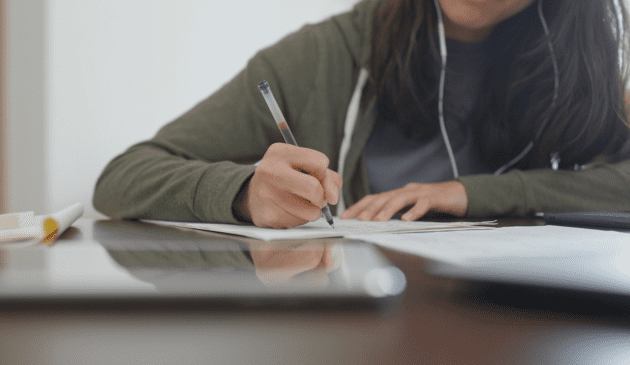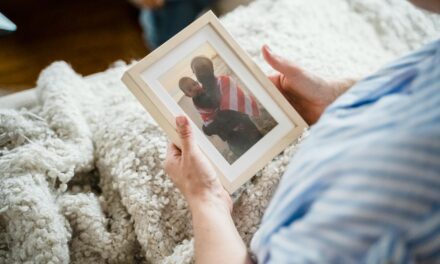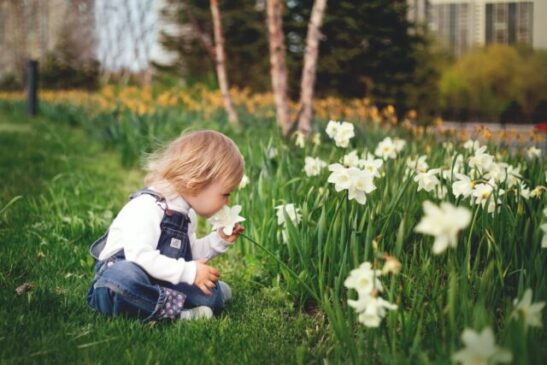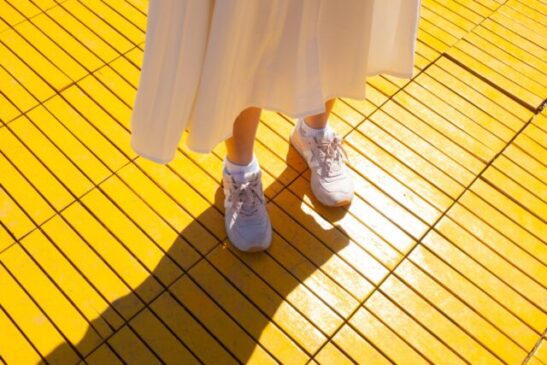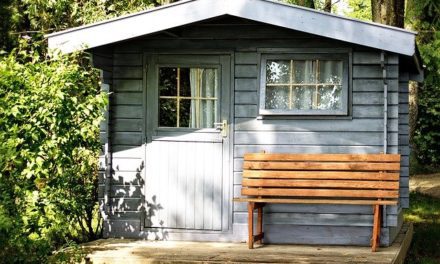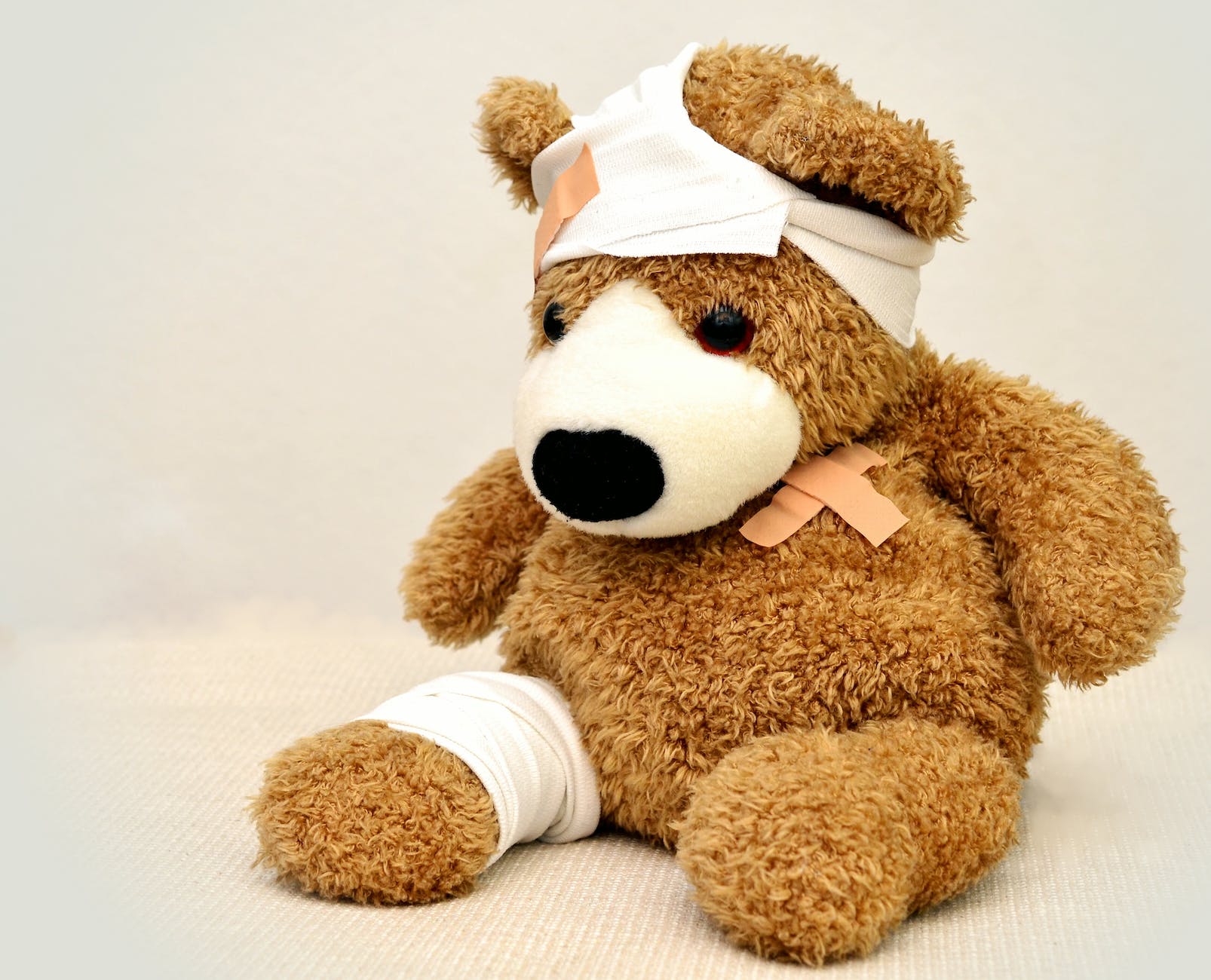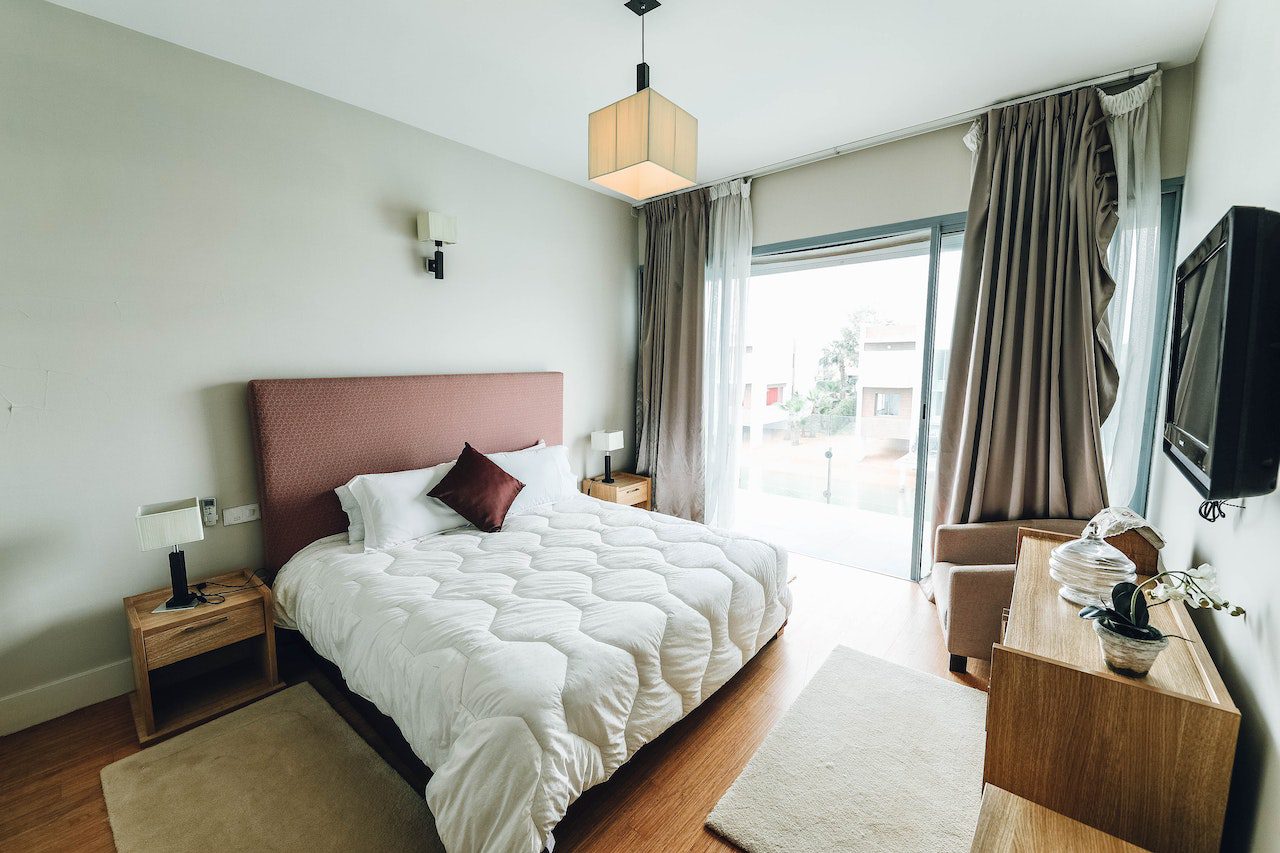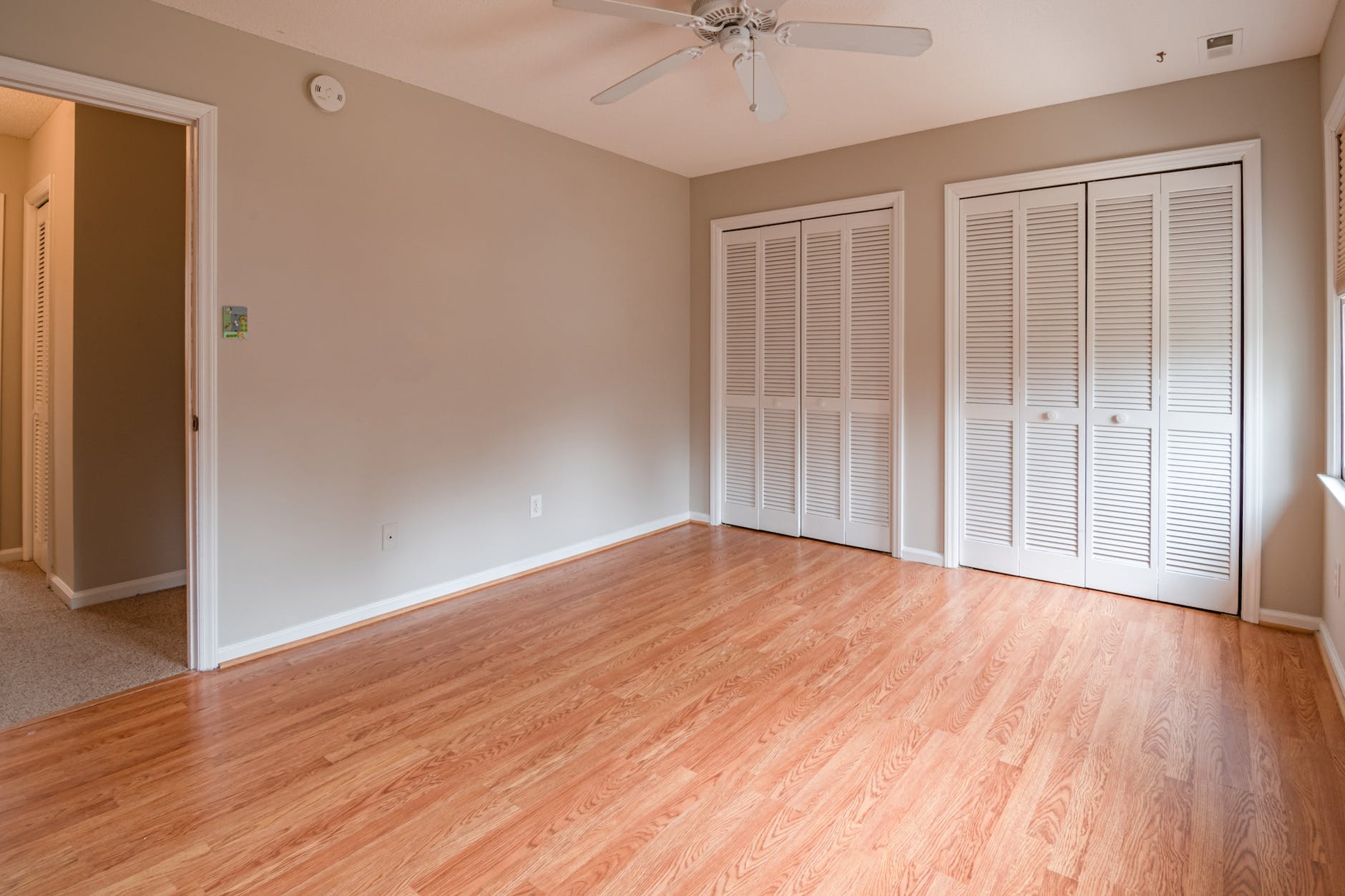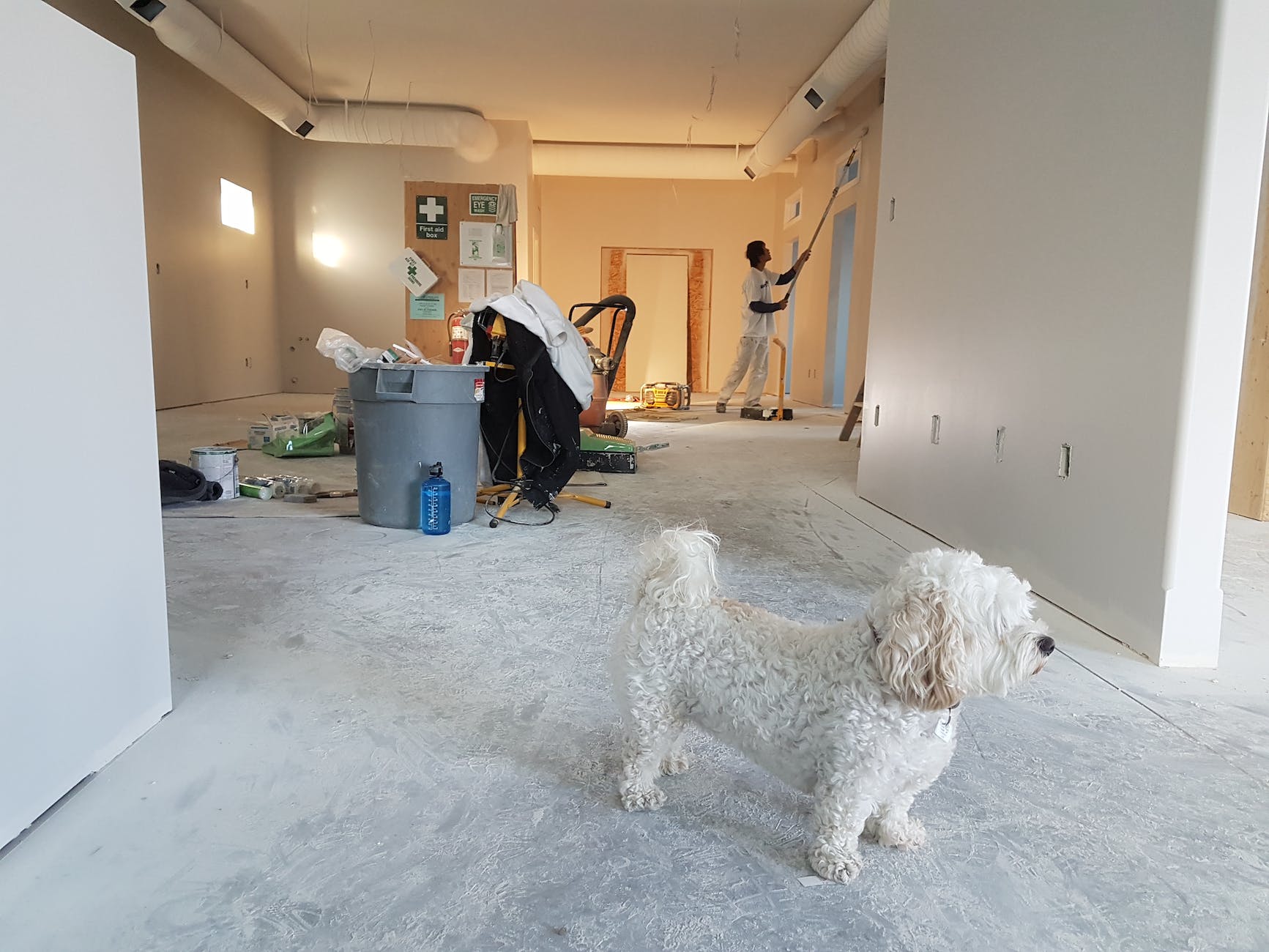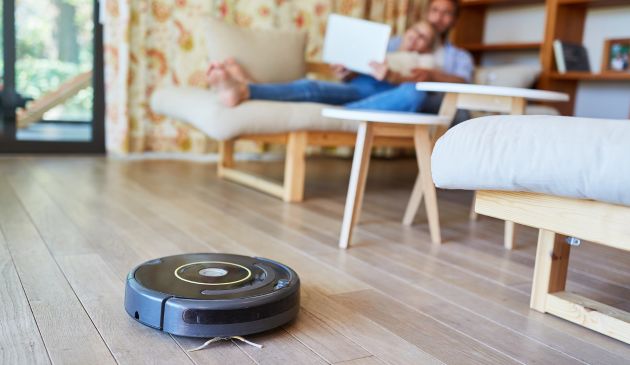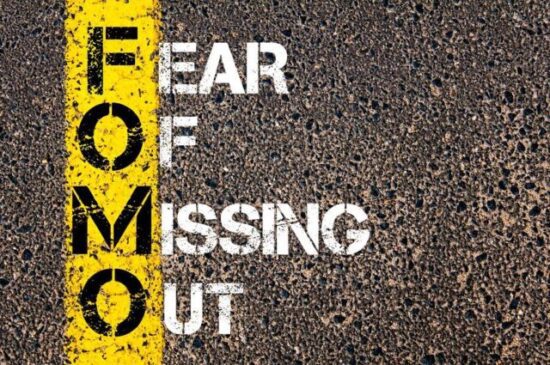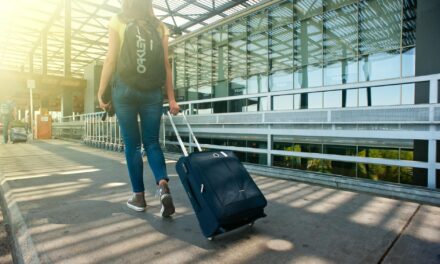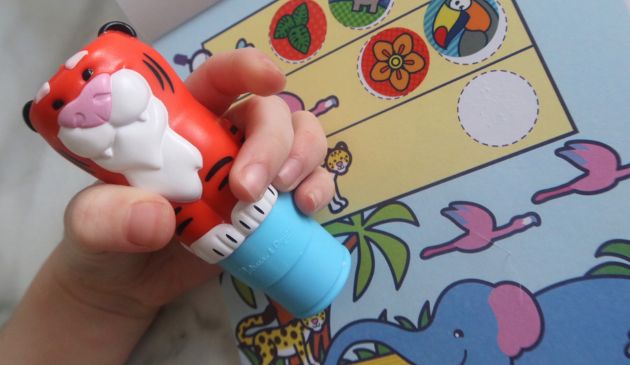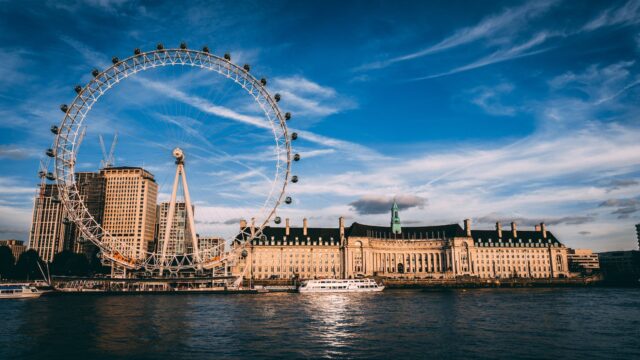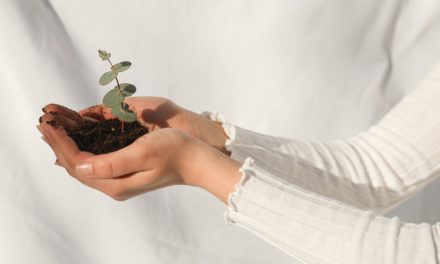
Decreasing Your Family’s Carbon Footprint

*This is a collaborative post
The world is going back to normal. But, many of us are questioning whether or not it should. The world before COVID-19 hit it, certainly wasn’t perfect. Climate change has been a growing concern for many years, and research suggests that we are running out of time to save the world as we know it.
Wouldn’t it be better if we could use this extended break from real life as a chance to reset, to make some changes to the way that we live and to limit the effects of climate change?
What is a Carbon Footprint?
Everything that we do, even the more environmentally friendly things, like growing plants, releases carbon dioxide (and other greenhouse gases) into the air. When we talk about carbon footprints, we’re referring to the amount of carbon a specific activity releases into the atmosphere, and so how much damage it’s doing to our environment. We talk about footprints because the effects are permanent.
While all activities have their own footprint, we can do our best to reduce ours by living a more sustainable and environmentally-friendly life.
Why Should You Decrease Your Carbon Footprint?
A popular argument when it comes to decreasing our carbon footprint, living a more environmentally friendly life, or being greener, is that there’s no point.
The big companies need to make changes. Governments need to impose stricter measures. There’s very little that one family or one household could do to make any real difference, so what’s the point?
Well, the reality is that we could make a difference. If every family made even some of the changes on this list, we could make a big difference.
What are the Added Benefits of a Greener lifestyle for Your Family?
There are many benefits to reducing your carbon footprint and living a greener life. The one that we hear most about is reducing the effects on our climate. Because that’s the most essential. We need to halt climate change if we want our world to continue. But, it certainly isn’t the only benefit.
Setting a Good Example
Bad habits, on a global level, have contributed to climate change, probably as much as anything else. We’ve got into bad habits. We buy single-use products for convenience. We throw things away and replace them when they are broken. We buy a new car because we want one. We leave the lights on when we leave a room. We’re a convenient and disposable society, and most of this is a learned habit. We do what our parents did and what our friends do. Set a good example now, and your children will learn from your good habits.
Securing Your Children’s Future
Do you want your children to live in a vastly different world? Do you want your grandchildren’s planet to be one in which certain countries and cities are underwater? Do you want your children to be surrounded by wildlife, greenery and fresh air?
Do you want your children and grandchildren to have a healthy, happy and long life? If so, you should be doing your bit to make it happen.
Saving Money
Convenience and single-use products come at a cost. We pay more to use things once because it’s easy. Fast fashion seems cheap, but longer-term, it needs replacing more often. Spending more on sustainable products now could save you a fortune in the future.
This is also true for making repairs to appliances, clothing and other possessions, instead of replacing them at the first sign of trouble.
Save Wildlife
The wildlife that we all love so much needs certain conditions to live and to breed. Climate change is already leading to the extinction of certain species around the world. Imagine a future without all of those animals that we love so much. Think about what could happen if there were no bees.
Improving Human Health
Skin conditions, breathing difficulties, even problems with sight, are things that we can expect to see more of as our environment changes. Even now, especially in very polluted cities, we’re seeing human health affected by our carbon footprints. It’s only going to get worse unless we make changes.
So, What Can You and Your Family Do?
You might be wondering what your family can do, especially if you can’t afford to make large changes like buying an electric car, adding solar panels or switching to greener providers. But, many of the small changes that we could make can be worthwhile, even more so if we all made them.
Make Your Home More Efficient
An efficient home uses less energy to keep it warm. An inefficient home is wasteful and probably uncomfortable. If you can and need to, adding insulation to your loft and cavity walls can increase your energy efficiency massively. Smaller changes include lagging pipes, repairing damaged window seals, using a draught excluder when it is cold, and even closing internal doors. Another significant change that you could make to be more energy efficient is switching to LED lightbulbs.
Change Your Thermostat
Installing a smart thermostat can be the best way to use less energy while keeping your home comfortably warm in the winter. If this isn’t an option for you, programming your timer when the weather turns, and knocking the temperature down a few degrees could make a massive difference to the amount of energy that you use.
Change Your Laundry Routine
Laundry uses more energy than you might imagine. Turning the temperature down to 30 degrees, and using cold washes when possible will save energy. Only washing when there’s a full load will also help.
Then, look at what you are washing with. Natural detergents and a fabric softener ball are much kinder to the planet, not to mention your skin than harsh chemicals.
Encourage Better Energy Habits
Do your family fight over the temperature? Do half of you turn the temperature up, while the other half put on a sweater? Are you always nagging people to close doors and curtains to keep the warmth in at night? Would you rather open a window than turn a fan on in the summer? Practice good habits and encourage the rest of the family to do the same.
Ditch Single-Use Products
One of the best, and easiest things that you can do, which will also save you a lot of money and even make your life easier, is ditching single-use products. We don’t need them; they didn’t used to exist. Buy reusable bags and bottles, or even better, use things that you’ve already got. Use reusable cloths to clean with, straws for drinks, and even reusable nappies if you have babies.
Shop More Mindfully
The best way to stop with single-use products is to simply think more carefully when you shop. Don’t buy anything without asking yourself if you need it, if it will last for a long time, and if you would be able to use it again. If the answer is no, ask yourself if there is another, more sustainable option.
Get Growing
If you’ve got space in your garden, growing your own fruits and vegetables has a much lower footprint than buying. If you do have to buy, shop local and seasonal, to reduce gas, and use reusable packaging as much as possible.
Walk More
Cars are a leading cause of excessive pollution in the atmosphere. Could you use yours less? Walk when possible, or consider investing in a bicycle.
Holiday in This Country
Planes use a lot of gas. Going on holiday abroad is wonderful, but it has a big carbon footprint. Could you save big holidays for important events, and holiday more in your home country?
Living a more sustainable life can be tough to start with. But, once your habits are changed, it gets easier, and you’ll start to feel the benefits almost immediately.



